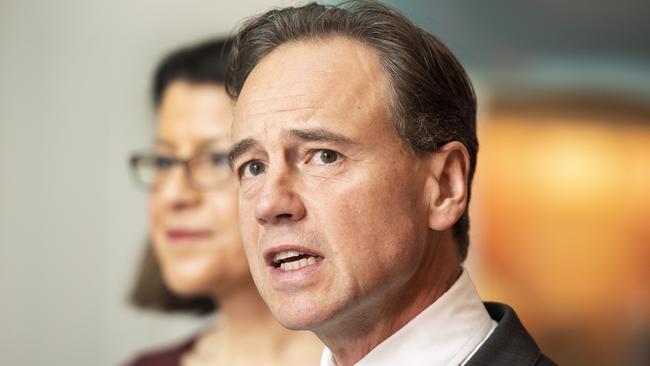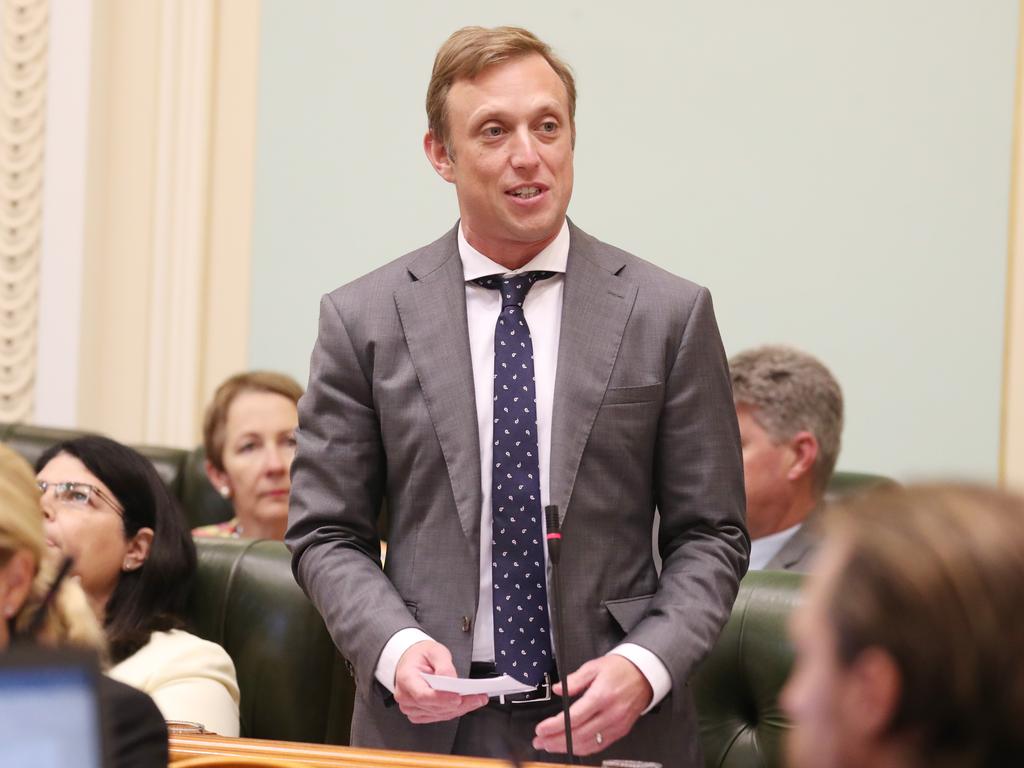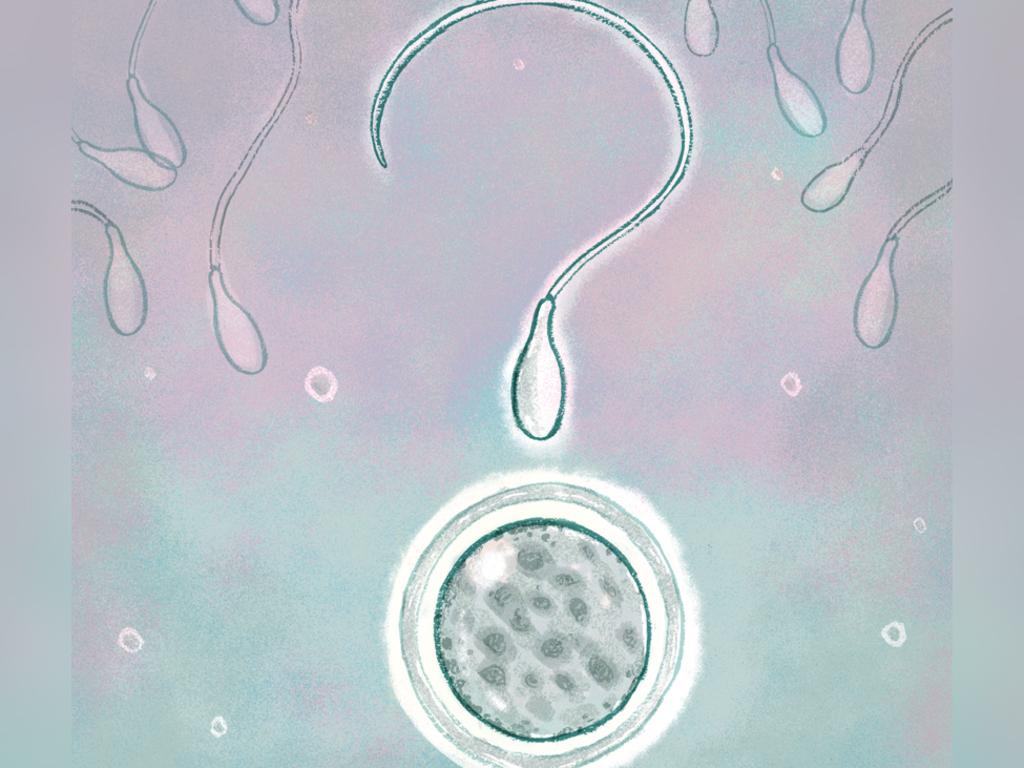Hunt keeps mum on his veto of probe into trans kids treatment
Greg Hunt refuses to say why he vetoed inquiry into treatments for children who believe they were ‘born in the wrong body’.

Health Minister Greg Hunt is refusing to explain why he has vetoed an inquiry into medical treatments for children who believe they were “born in the wrong body”.
Mr Hunt broke a seven-month silence 10 days ago when The Age reported him ruling out a national inquiry into “affirmative” treatments at children’s hospital gender clinics because this might “further harm” trans youth, repeating an unsupported claim made by the Royal Australasian College of Physicians.
The Age also ran a feature on Australia’s highest profile gender clinician, with the headline “Staying on her feet: how Michelle Telfer won gender clinic battle”.
The minister denied to The Australian he had endorsed the affirmative medical approach, which is under international scrutiny, and said he was still weighing advice. He would neither confirm nor deny he opposed an inquiry because more media and public attention might harm vulnerable transgender youth.
His spokesman insisted the veto on a government inquiry was no obstacle to “the Senate or other bodies conducting their own independent review”.
Since last year, more than 200 doctors have petitioned Mr Hunt for a broad parliamentary inquiry into the safety and ethics of youth gender clinics, a call echoed by international clinicians, but the minister ignored this newspaper’s requests for a response.
Meanwhile, the British government has brought to a head three years of bitter conflict over gender identity and a clash of rights by flagging changes to the law to safeguard women, girls and trans-identifying minors.
Last Thursday, UK Minister for Women and Equalities Liz Truss said liberty and respect for trans adults would be upheld “but before the age of 18, when people are still developing their decision-making capabilities, they should be protected from making decisions that are irreversible about their bodies that they could possibly regret in the future”.
The British trans lobby group Mermaids said this change threatened “a new form of inequality” in medicine, and claimed post-operative regret with trans surgery was “far lower than for other forms of ‘plastic surgery’.”
In Australia last month, the RACP wrote to Mr Hunt, admitting affirmative treatments were based on evidence with “limitations” and “gaps”, and the college failed to compare these medical interventions with any cautious, non-invasive alternatives such as psychotherapy.
The RACP letter was welcomed by Dr Telfer’s Royal Children’s Hospital in Melbourne as “vindicating” her affirmative approach and as a charter for the Morrison government to bankroll an expansion of affirmative treatment across the country.
Philip Morris, president of the National Association of Practising Psychiatrists, which supports the call for a parliamentary inquiry, challenged one-sided claims about the risk of harm.
“We see no evidence that a properly constituted inquiry — involving appropriate medical and scientific experts and giving the transgender community their say — would cause harm to anybody, least of all the patients who need to be given information about the most effective and safe treatment,” Dr Morris said.
“The harms (to be taken into account) must include harms caused by any medical interventions that have been not properly assessed or had risks identified.”
Critics argue some activists for the affirmative model recklessly exaggerate low-quality statistics on suicide risk to frustrate debate and scrutiny.
‘Chest surgery’
Dr Telfer’s gender clinic at RCH is Australia’s busiest, taking patients up to the age of 17 and giving puberty blocker drugs and opposite-sex hormones. It reportedly had 336 new referrals in 2019, representing a 1767 percentage increase since 2012 when the paediatrician and former Olympic gymnast took charge.
Dr Telfer has asked for more public money so RCH can begin to carry out “gender affirming” double mastectomies. About two-thirds of new patients at the clinic in 2018 were girls past puberty who identify as boys, and Dr Telfer said “many” wanted “chest reconstructive surgery”.
Earlier this month, Victoria’s Equality Minister Martin Foley told The Age he welcomed Mr Hunt’s call for nationally consistent standards of care for under-18s diagnosed with “gender dysphoria” or the feeling of being born in the wrong body, saying Dr Telfer’s “world-leading gender clinic” was “well-placed” to take the lead on this.
The Australian sought comment from RCH, and does not dispute that gender clinics believe affirmative treatments promote patient welfare.






To join the conversation, please log in. Don't have an account? Register
Join the conversation, you are commenting as Logout